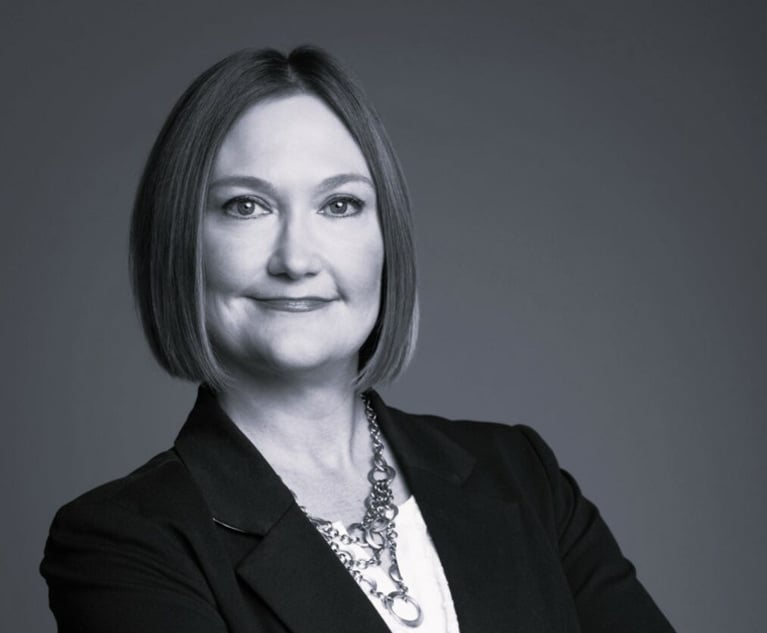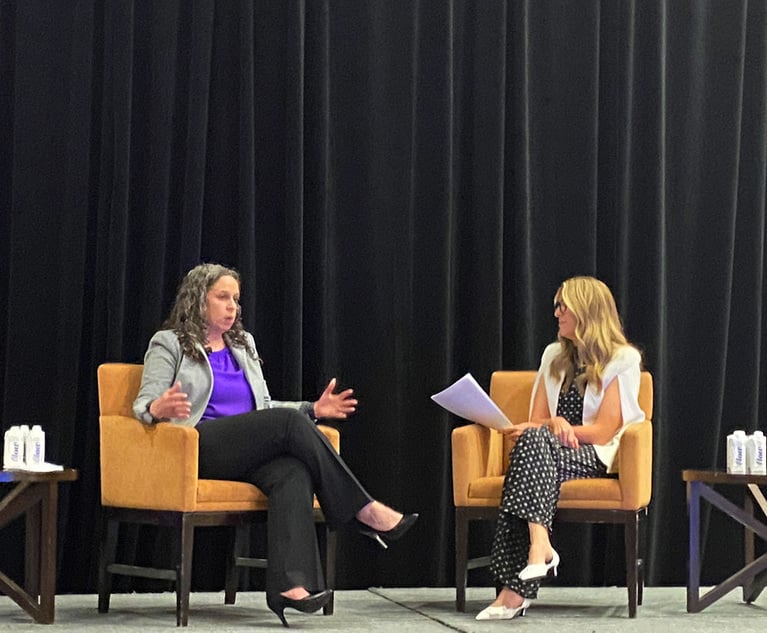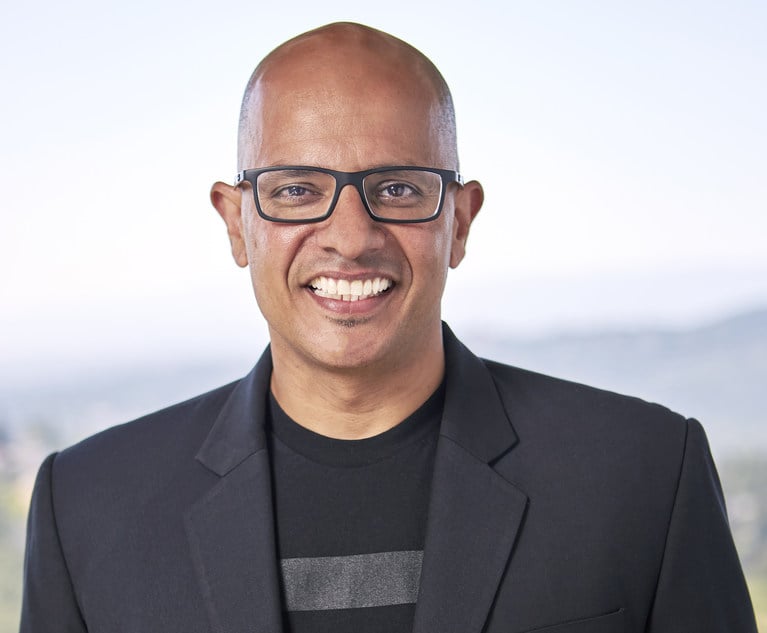Sexual harassment has been illegal for decades. But as news reports surfaced in fall 2017 about Harvey Weinstein’s sexual abuse allegations, everything changed when actress Alyssa Milano took to Twitter asking women to share their stories of sexual harassment by using #MeToo. The hashtag, which was created years prior by civil rights activist Tarana Burke, quickly went viral, and #MeToo became a forceful movement that continues to gain momentum more than two years later.
It should come as no surprise that as the popularity of the #MeToo movement grew, reports of workplace harassment to federal and state agencies also jumped. From fiscal year 2017 to 2018, the Equal Employment Opportunity Commission (EEOC) saw a 13.6% increase in charges alleging sexual harassment, and a 2018 Edison Research survey found that 21% of Americans have experienced workplace sexual harassment. But for businesses, what is arguably most concerning is that of the individuals who reported experiencing harassment in the Edison study, only 30% strongly agreed that their employer handled it properly. This means 70% of those employers have changes to make.


 Photo: Filip Jedraszak/Shutterstock.com
Photo: Filip Jedraszak/Shutterstock.com







